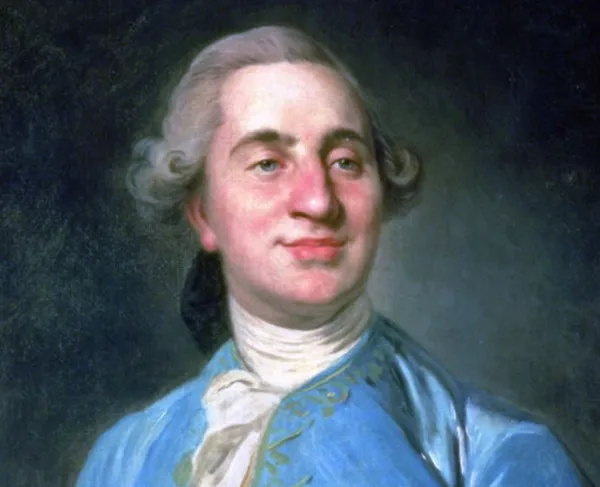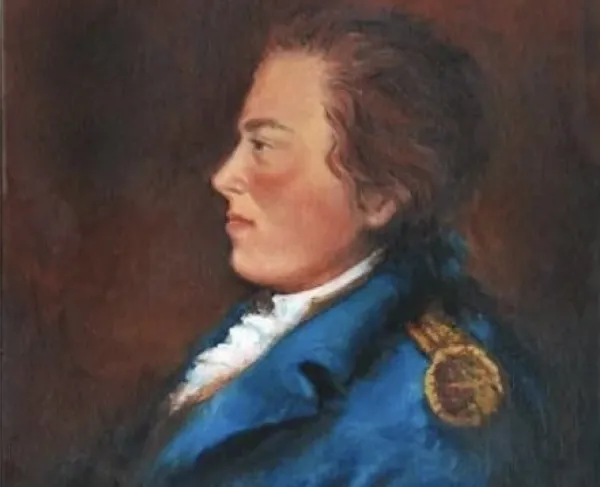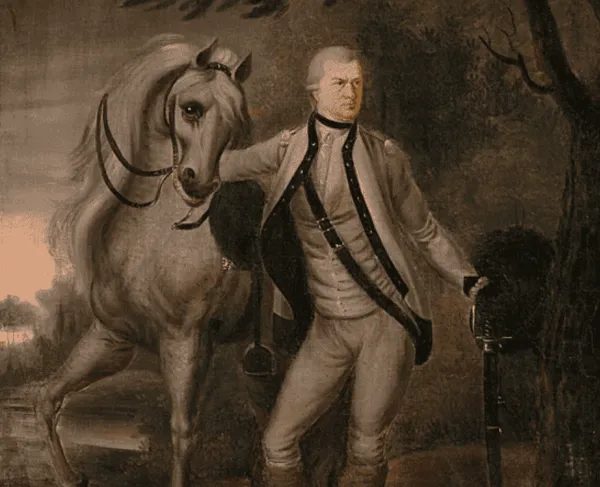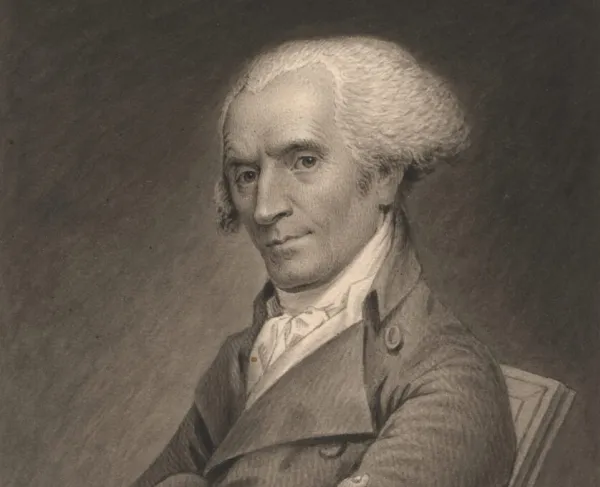King Louis XVI

The last king of the Ancien Regime of France, Louis XVI was born on August 23, 1754. He was the third son of the dauphin or heir. When his father died, Louis became the dauphin, next in line to the throne. As the heir, Louis was taught to avoid letting others know of his true feelings, which led to a disagreement among historians about his true intelligence. He did have an excellent memory, a keen knowledge of English and Latin, and an interest in history and geography. However, he would become known for his weakness of character and lack of political insight, especially in the critical crises that culminated in the French Revolution.
In 1770, to cement an alliance between France and Austria, Louis married Marie-Antoinette, the daughter of Austrian empress Maria-Theresa and Holy Roman Emperor Francis I. Four years later, after the death of his grandfather Louis XV, Louis ascended to the throne, gaining the title of King of France and Navarre. The young king, although immature and self-conscious, was well-disposed to his subjects and interested in improving French foreign policy.
His most notable foreign policy pursuit was supporting the American Revolution, to take revenge on Great Britain and make France once again the preeminent power in Europe. Although the Americans were successful, owing largely to French support, financing the endeavor pushed the already-badly off French regime to the brink of bankruptcy. His wife was also accused of spending French gold on an extravagant lifestyle. A grain shortage throughout France added to the king’s woes.
Louis supported radical fiscal, economic, and administrative reforms proposed by his ministers to resurrect the sinking French ship in 1787, but the measures were never implemented on account of hostile opposition by conservatives. In July 1788, Louis summoned the Estates-General for the first time since 1614. The Estates-General was a parliament compromised of the three main “estates” of the French population: the nobles, the clergy, and the commoners. Distracted by his son’s death in June 1789 and a refusal to work with the estates attributed to royal dignity, the Estates-General, after having numerous reform proposals rejected, the Third Estate (the largest by far) declared themselves the National Assembly and pressed forward with reforms regardless of the First or Second Estates agreeing.
Louis was forced to accept the authority of the National Assembly, signing the death warrant of ancient French feudalism. Despite a private belief that the revolution would soon burn out and restore the monarchy, Louis publicly accepted his new role as a constitutional monarch. His popularity surged as a result, especially after he visited Paris instead of remaining isolated in his palace at Versailles. He was even called a “restorer of French liberty.”
However, he soon began to resist the National Assembly’s demands. A mob of angry Parisian women, in reaction, forced the king and his family from Versailles to Paris, where they remained imprisoned in the Tuileries Palace. On June 21, 1791, Louis and his family, dressed as servants, attempted to escape to Austria. In Varennes, they were recognized, caught, and brought back to Paris under guard. This incident undermined whatever was left of Louis’s credibility as a constitutional monarch and turned popular opinion further against him.
Now, Louis and Marie-Antoinette’s last hopes remained in foreign intervention. Louis encouraged the National Assembly to go to war with Austria, as he thought the French revolutionary armies would be quickly defeated and his authority would be restored. He then refused to commit to a new constitution, now operating on a policy of subterfuge and deception, largely influenced by his wife. War did break out in April 1792, when the Duke of Brunswick threatened to destroy Paris if the royal family was placed in danger again. In response, another Parisian mob captured the Tuileries Palace. Repeated military defeats and public unrest led to the declaration of the First French Republic on September 22, 1792, officially abolishing the monarchy.
The National Convention, the legislative body of the First Republic, then decided to try Louis for treason, as they found proof of his counterrevolutionary intrigues in the Tuileries Palace. Louis, now called Citizen Capet, appeared twice before the Convention, but on January 18, 1793, he was found guilty of treason and sentenced to death. The former king retained a dignified bearing as he was led to the guillotine in the Place de la Revolution (today the Place de la Concorde), where he was executed on January 21. His wife met the same fate nine months later. Louis’s irresolution, lack of political insight, and foreign policy decisions hastened the arrival of the French Revolution, but it would have taken an extraordinarily strong and steady hand to stop the collapse of the Ancien Regime.


